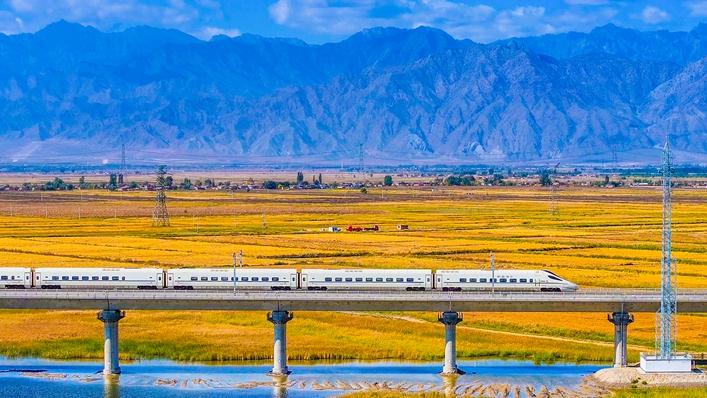EconoScope | The internal logic of China's comprehensive incremental policies
Over the past three weeks, China has taken a significant step in macroeconomic regulation. During this period, Politburo and State Council executive meetings were held, along with three press conferences. Notably, a new law aimed at promoting the private economy was also enacted.
A clear commitment to economic recovery
Chinese authorities have been closely monitoring the nation's economic performance, leaving no room for doubt about its commitment to restoring growth. The idea of an "information bubble" is merely a misconception among non-experts. Each policy has been carefully developed through rigorous analysis and observation, with the key factor being timing. By late September, the right moment arrived. The central government swiftly convened meetings, signaling its decisive approach to addressing economic challenges.
Addressing critical economic challenges
First and foremost, these policies aim to tackle the insufficient demand. The focus is on large-scale equipment upgrades, trade-in programs for consumer goods, major national strategies, and strengthening key security capabilities. These areas have been prioritized to boost demand, marking the core of China's economic efforts. As a result, the pace of implementation is expected to accelerate further.
Secondly, the policies will improve expectations among private enterprises. During the public consultation for the Law on Promoting the Private Economy on Oct. 10, some questioned why some "common sense" provisions were included. However, inclusion underscores past shortcomings in implementation, necessitating a legal framework to clarify and reinforce them.
Thirdly, these policies will help alleviate local government debt. The signals from the Ministry of Finance have been positively received, with confidence that it would have a beneficial impact on debt reduction. Minister of Finance Lan Fo'an stated that there remains considerable room for China's central finance to issue debts and expand the deficit, with particular emphasis on the term "considerable." Naturally, determining the deficit ratio requires following relevant procedures, so there should be no rush in this process.
Fourthly, policies aim to stabilize the real estate market. The three press conferences have explicitly addressed the need to halt the decline of and stabilize the real estate market, outlining clear measures for several key areas. Early assessments from real estate companies suggest that these initiatives have been well received.
Fifthly, these policies also aim to address issues in the capital market. Macroeconomic adjustments are not solely intended for the stock market itself. As long as the fundamental problems in economic operations are genuinely resolved, the healthy development of the economy will inevitably contribute to the long-term stability of the stock market.
Misconceptions that need clarification
We should not focus solely on the numbers when interpreting policies. Certain narratives deliberately manipulate figures to raise public expectations, only to later claim the outcomes "fall short of expectations." This tactic, often employed by market bears, aims to create emotional fluctuations to manipulate the market for profit, and it's essential to recognize this strategy.
We can be confident that new investments will be part of the incremental changes, with "trillions" in new input likely to follow. However, some of these may still need to go through legal procedures, so it's important for everyone to exercise patience and not be easily swayed by these narratives.
It's necessary to evaluate certain key measures. Some policies can directly mobilize significant funding, while others, though not involving direct investment, offer immense value. For instance, this round of policies has placed a strong emphasis on improving the development environment for the private sector. Issues raised by entrepreneurs, such as "improper enforcement in different regions" and "profit-driven enforcement," have not only been acknowledged but also addressed with the statement that "supervision will be conducted, when necessary," which indicates the central government's stance on the matter. Looking ahead, I believe that the Private Economy Promotion Law is expected to be fast-tracked, becoming a landmark event whose significance for the economy is comparable to that of "trillions" in investments.
The author Dong Yu is the executive deputy director at the China Institute for Development Planning at Tsinghua University. The article reflects the author's opinions and not necessarily the views of China News Network. It has been translated from Chinese and edited for brevity and clarity.
Photos
Related Stories
Copyright © 2024 People's Daily Online. All Rights Reserved.









